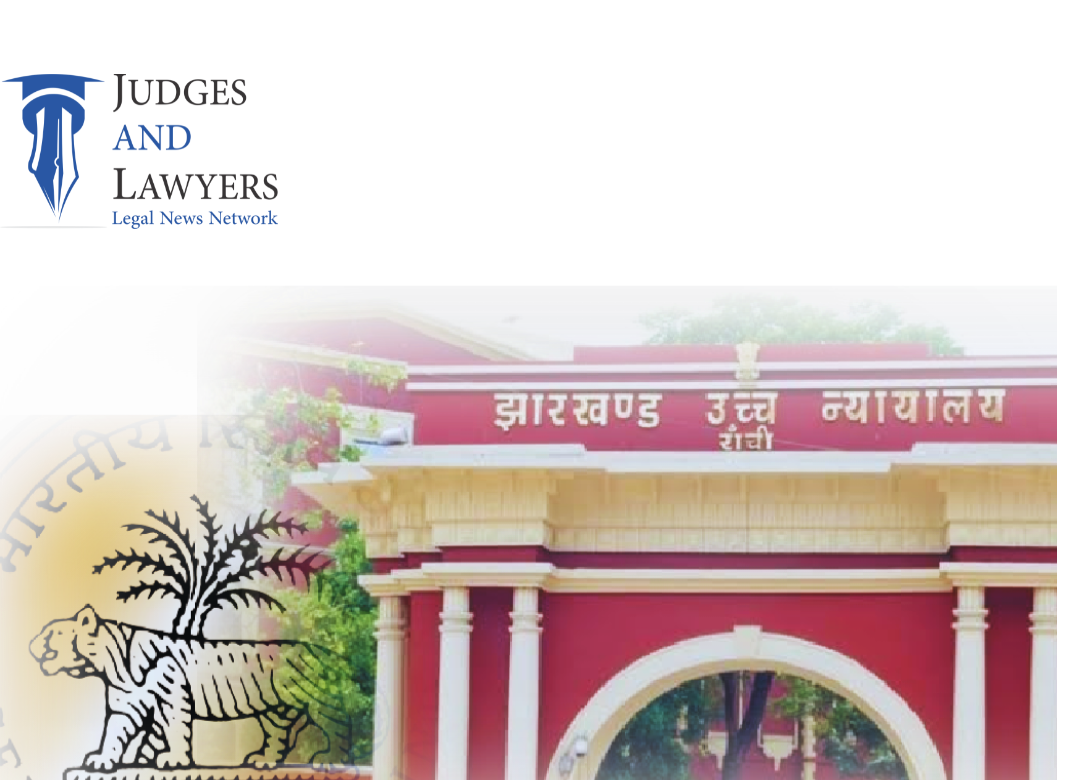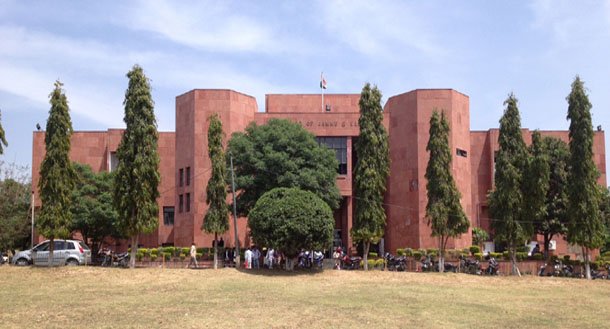
Section 482 of the Cr.P.C. entitles the High Court to quash a proceeding if the proceeding would continue to be an abuse of the process of the Court: Jharkhand High Court
- Top Stories
- June 5, 2023
- No Comment
- 1530
Section 482 of the Cr.P.C. entitles the High Court to quash a proceeding if the proceeding would continue to be an abuse of the process of the Court: Jharkhand High Court
The High Court of Jharkhand at Ranchi held that the wholesome Power under section 482 of the Code of Criminal Procedure entitles the High Court to quash a proceeding when it comes to the conclusion that allowing the proceeding to continue would be an abuse of the process of the Court. Though the revisional powers of the Court are limited to certain Category of cases, the present one is one such case which warrants Interference by the Court.
BRIEF FACTS OF THE CASE
The petitioners have challenged the order dated 15.12.2015 by which the discharge petition filed by them has been rejected by the learned Additional Sessions Judge-II, Bermo at Tenughat, primarily for the reason that veracity of the allegations made against the accused cannot be determined at this stage.
HON’BLE COURT OBSERVATIONS
By an order dated 15.12.2015, the discharge petition filed by the Petitioners was dismissed by the learned Additional Sessions Judge-II, Bermo at Tenughat observing as under: “Coming back to the case at hand, on close perusal of the Complaint filed by the victim woman and after going through The injury report pertaining to her, I find that the allegations Made against the petitioner-accused are specific not only Against the husband but also against the petitioners who are Her in-laws. As per complaint, the victim woman was Assaulted by all of them and after assaulting her physically, Three of them by means of Car brought the injured victim at Her maternal house but before reaching there, they threw her Out from the running car and managed to escape. Whether or Not those allegations are true is a matter which cannot be Determined at the stage of framing of charges. Any such Determination can take place only at the conclusion of the Trial.”
The learned trial Judge has referred to the judgment in “State of Orissa v. Debendra Nath Pandhi” (2005) 1 SCC 568 wherein the Hon’ble Supreme Court has observed that at the stage of framing of charge roving And fishing inquiry is impermissible.
Hon’ble Mr. Justice Shree Chandrasekhar has observed that
“What the learned trial Judge has failed to take into account is that the petitioners are not the persons who brought Deepa Gupta to Tenughat on 21.08.2012. According To the complainant, Vinay Gupta, Pawan Gupta and Anita Gupta were accompanying the complainant on that day and the petitioners were not present there. The learned counsel for the petitioners has referred to relevant paragraphs in the case-diary to submit that Deepa Gupta, the complainant, was examined by Dr. Ajay Kumar Sinha at Sub-divisional Hospital, Tenughat but in course of the investigation his statement was not recorded By the investigating officer.”
Further while examining the scope of S 202 of the Cr. P. C., in the context of a complaint case, it is important to keep in mind that wherever it is found that the accused is residing at a place beyond the territorial jurisdiction of the Magistrate an inquiry is required to be made by the Magistrate and/or by the police. By the Amendment Act 25 of 2005, section 202 of the Code of Criminal Procedure was amended and the mandate; “and shall, in a case where the accused is residing at a place beyond the area in which he exercises his jurisdiction,” was incorporated therein.
Lastly before setting aside the trial court judgment, the Hon’ble court observed that :-
“The learned trial Judge without examining statement of the witnesses recorded during the investigation whether there is prima-facie evidence on involvement of the petitioners in committing the offences as alleged by the complainant has brushed aside the discharge petition by simply observing that the issue raised by the accused cannot be decided at this stage. In my Opinion, the approach of the learned trial Judge was not correct and he has failed to exercise the jurisdiction which is legally vested in him.”
Case Title :- Hani Gupta vs. State of Jharkhand
Case no. :- Criminal Revision no. 84 of 2016
Order date :- 13.08.2023





